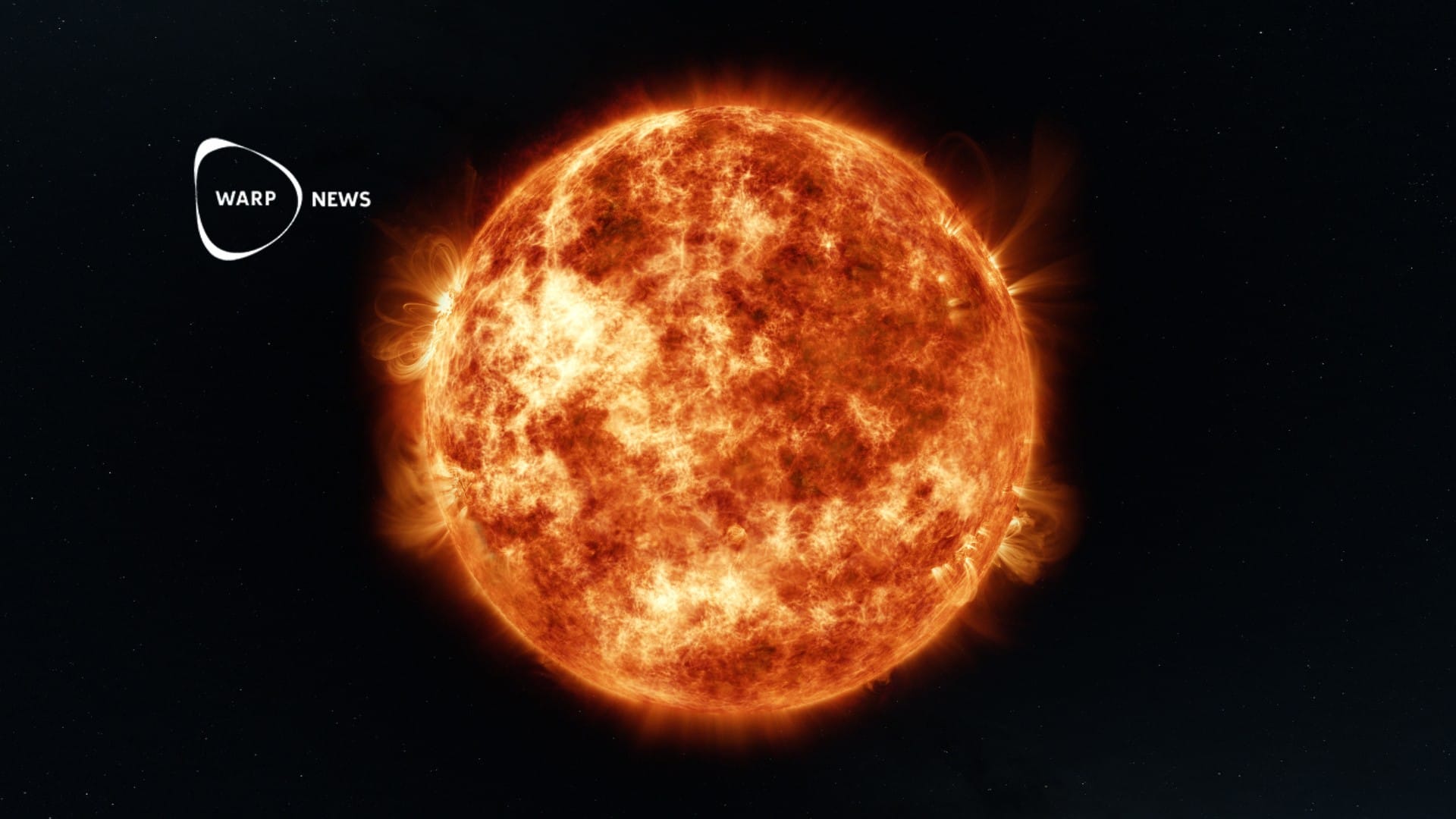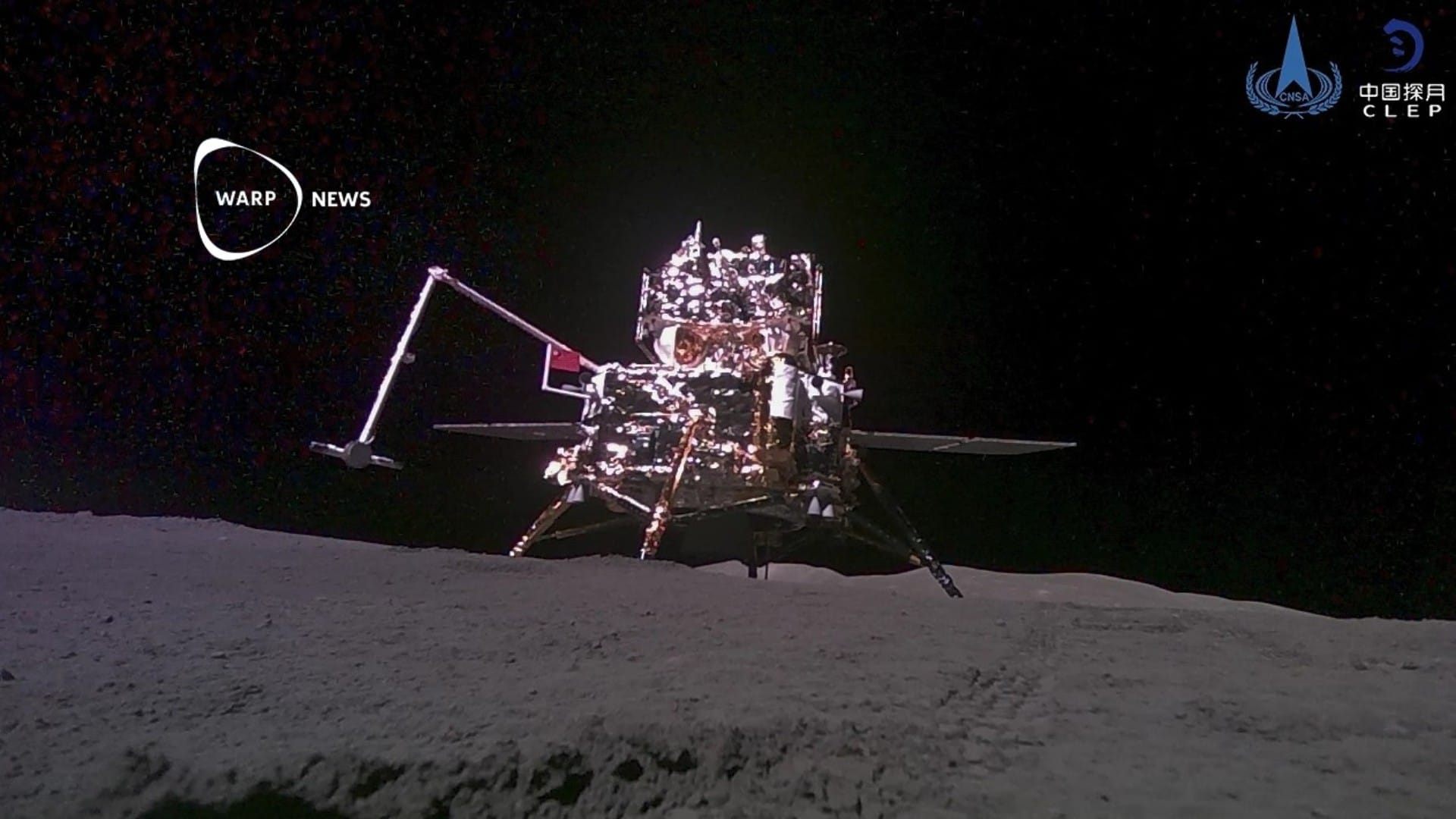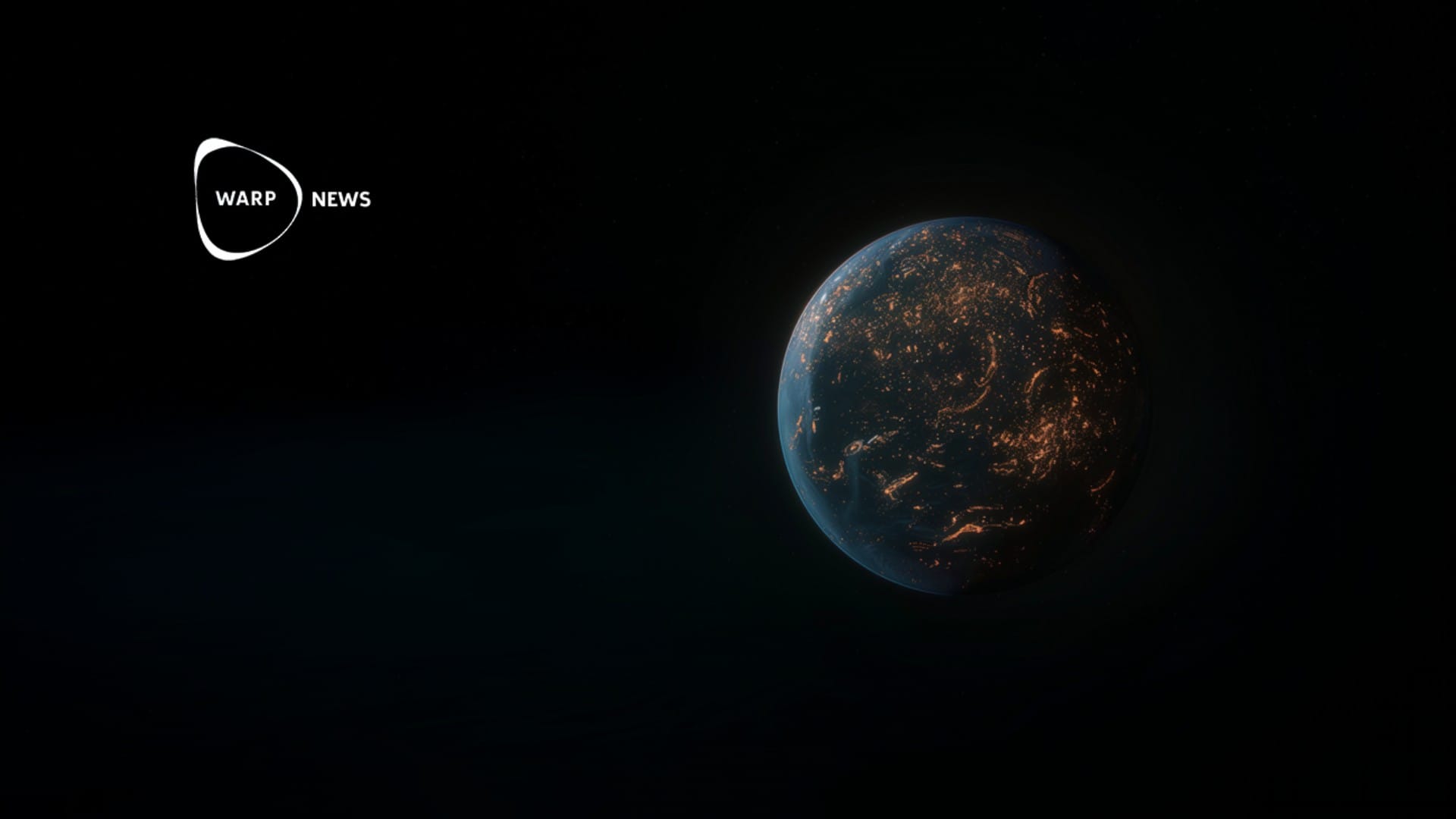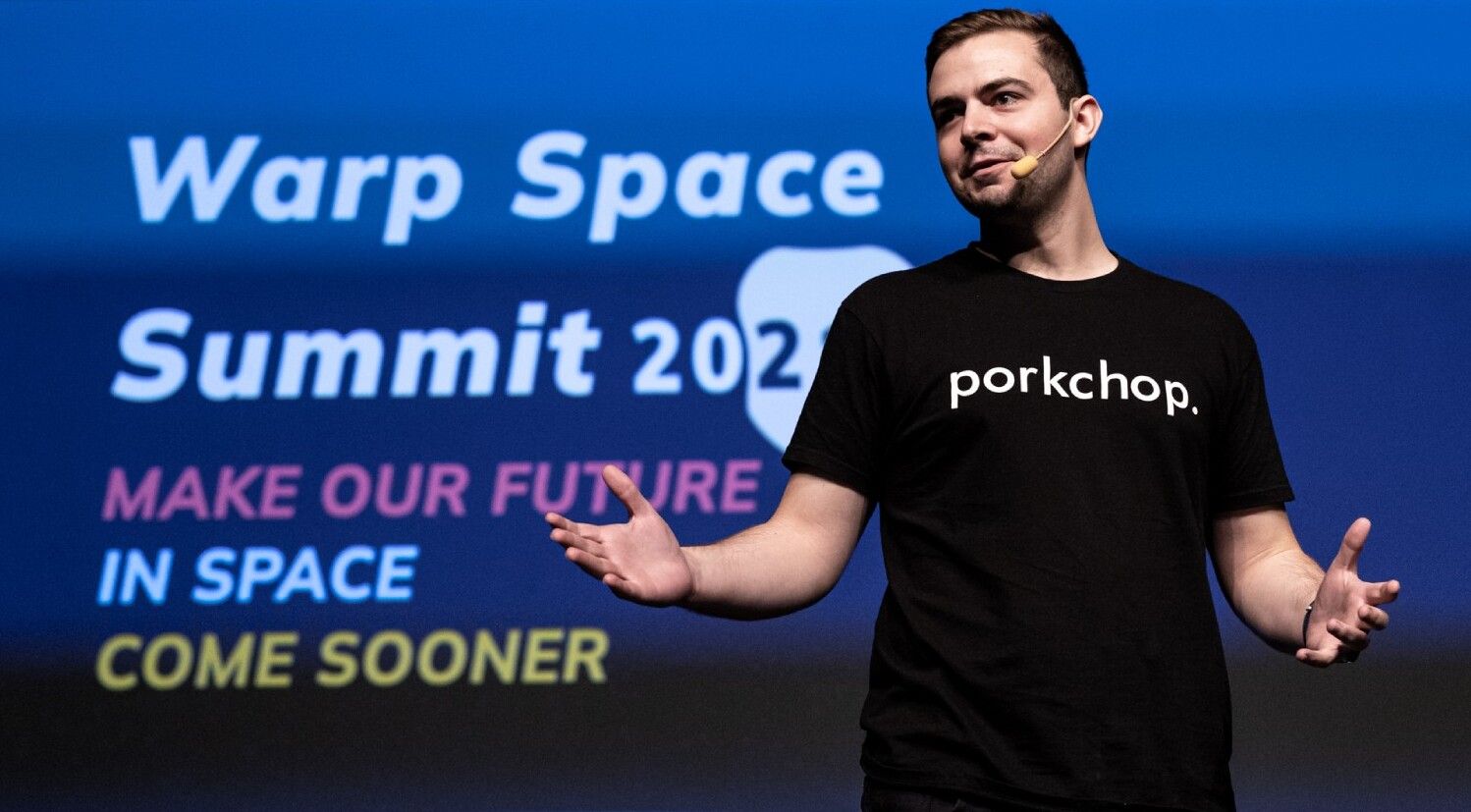
🚀 Porkchop wants to be the DHL of deep space
Humanity is now laying the groundwork to be able to expand into space. SpaceX, Blue Origin, Virgin Galactic, Axiom Space – and a small startup with a funny name.
Share this story!
Humanity is now laying the groundwork to be able to expand into space.
Not just shorter missions or visits, but to live there and make space a natural part of our world and existence. SpaceX is lowering launch costs and developing Starship to establish humans on Mars. Blue Origin is going to help build the infrastructure to help us move industry from Earth into space. Axiom Space wants to build the world’s first commercial space station.
And a small company from Sweden with a funny name wants to provide the logistics.
A signal from the sky
Matija Milenovic is the CEO and co-founder of Porkchop. His path to space started with him feeling a bit dissatisfied with the path forward after school. At the time he was studying mechanical engineering at University College in Dublin, Ireland. When he approached the finish line, he realized that almost everyone went to work for one of the big four consulting firms, like Deloitte or Accenture. That was not what he wanted, at all.
– That is not what I signed up for. So I was scrambling to find out what I would do with my life. I needed a signal from the sky, haha. And actually, two boosters landed from the sky. I couldn’t ask for a clearer signal.

So he decided that space was where he would make a difference, and applied for an aerospace masters at the Royal Institute of Technology in Stockholm.
"I can't shut up"
– When I see something wrong about the world, I can’t shut up. I at least have to complain, or do something about it. In this case I was complaining, that there is not a great European space company, that we can all rally behind. In the U.S. SpaceX is the sexy company that everyone wants to work for. There is nothing like that in Europe.
A couple of weeks later one of his fellow students, Victor Gonzalez, came up to him with a brochure from ESA BIC Sweden, the European Space Agency’s business incubator.
– I heard your little speech the other day, and maybe you should do something about it, Victor said.
Said and done. Matija and Victor co-founded Porkchop and sent an application to ESA BIC Sweden, which got approved.
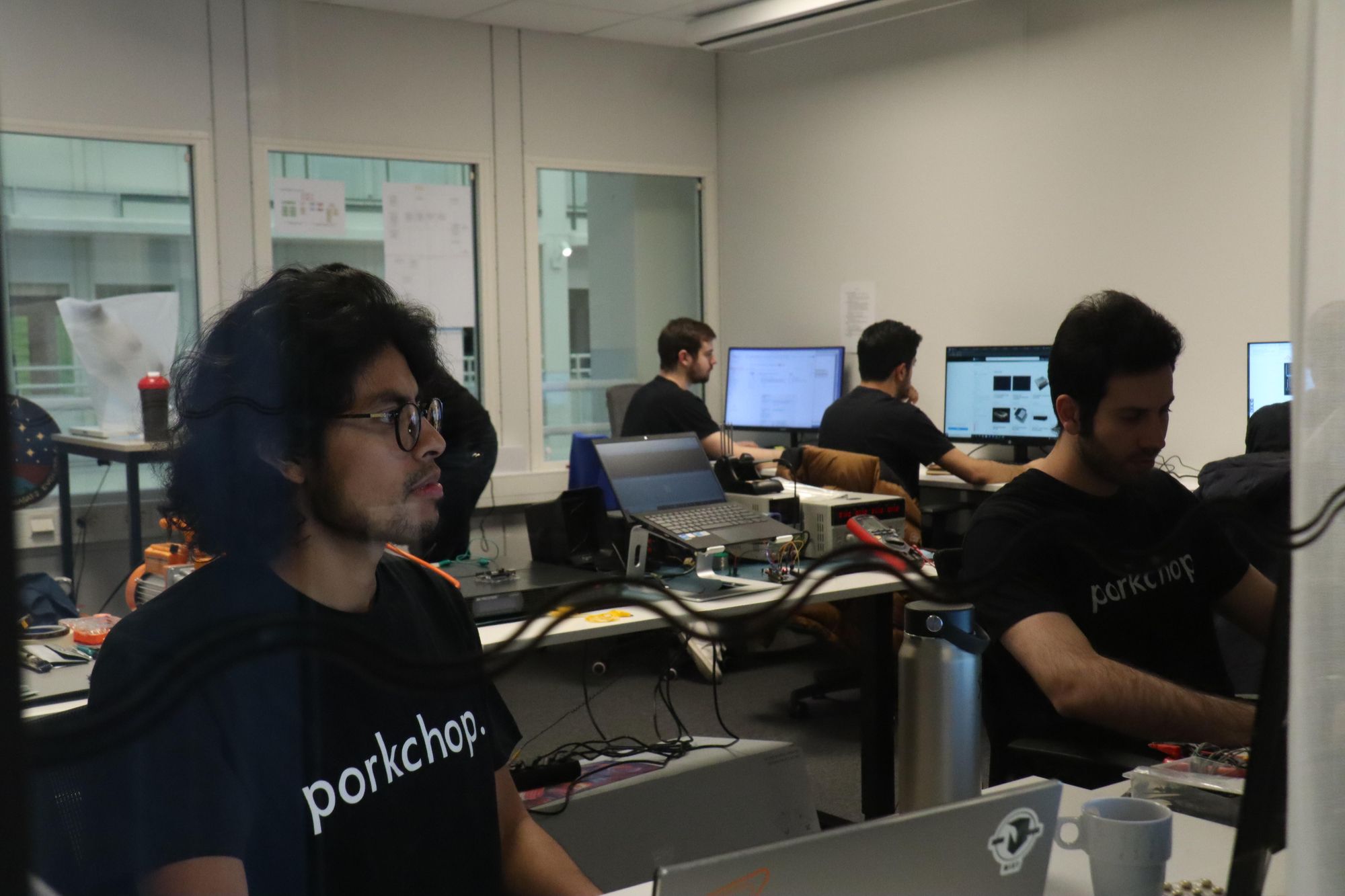
They started thinking a lot about what was around the corner for the space industry. Their answer:
– We think the answer is space logistics. The same way we have logistics and provide those services on the ground, that must happen in space.
150,000 satellites in ten years
The number of satellites in orbit is increasing dramatically now. Just in the last couple of years SpaceX and OneWeb have sent up over 2,500 satellites between them. Before that, we counted new satellites in the hundreds. The projections of how many satellites we will launch in the coming years are constantly adjusted upwards. A couple of years ago the number thrown around was 60,000 satellites. Now it’s 150,000.
– Launching one or several satellites won’t be a huge undertaking, with millions, or billions, of dollars tied up for several years. It will be like any product, and the services around them will be similar. That is where Porkchop comes in.
So as any good engineer would do, they made a graph of this, plotting the departure date on the horizontal (x-axis) and the arrival date on the vertical (y-axis).
They ended up with what they decided to call “porkchop plots." There’s a whole Wikipedia page about it.
– We will be transporting satellites, deploying constellations, inspecting satellites, says Matija Milenovic.
– We want to provide services that are relevant in the short term, but also long term. In the beginning, it is all going to be in low earth orbit. Then geostationary orbit, where you have the weather and telecommunication satellites. Then ultimately going to the Moon, going to Mars. Our big daddy of dreams is going to asteroids. To create a circular supply chain. Once we can pull that off, it is not just the next industrial revolution, it’s ten industrial revolutions wrapped into one.
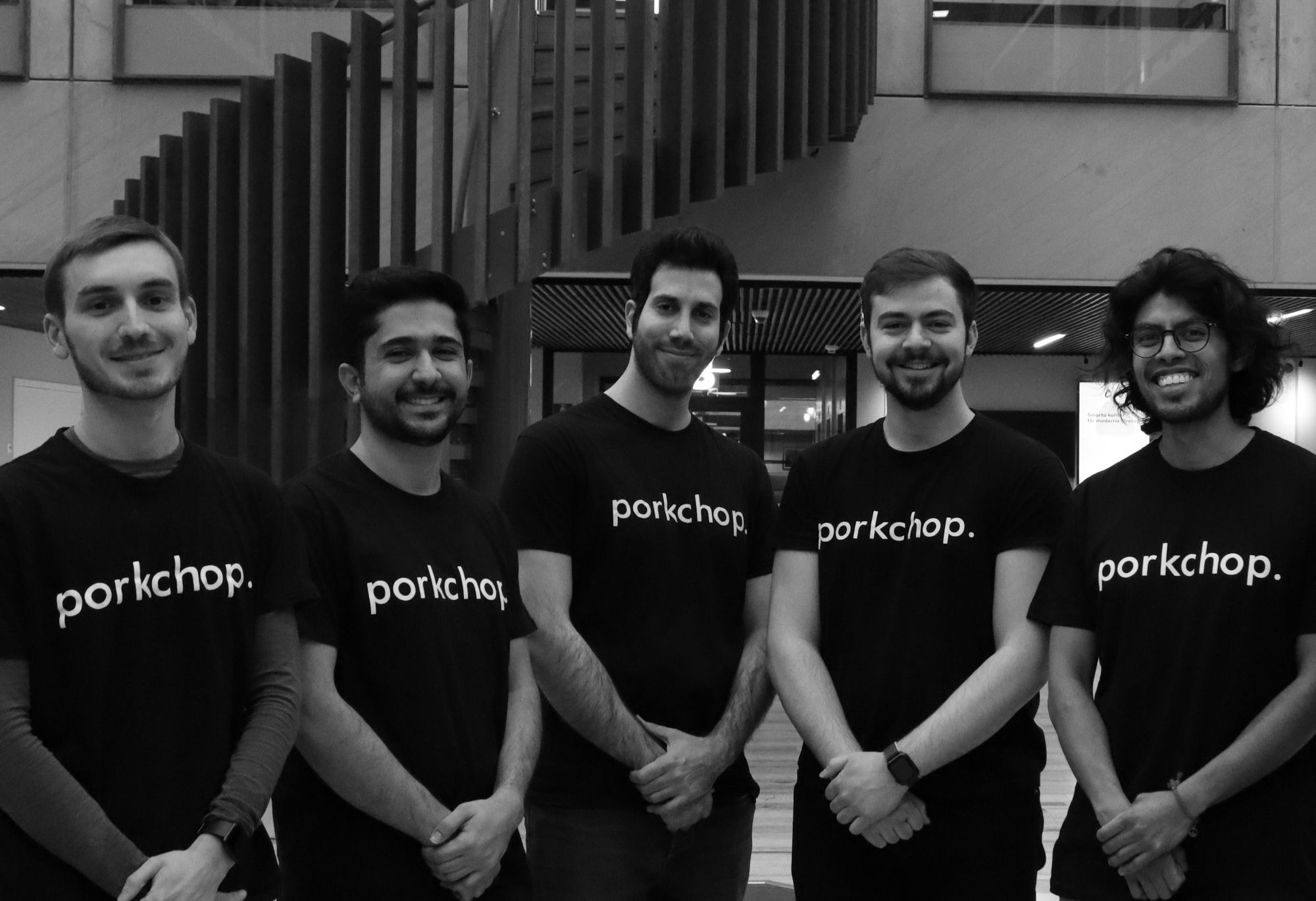
Their propulsion days are already behind them
Their first product was a propulsion system, and it recently launched on a SpaceX Falcon 9 rocket. But those days are already behind them. Now they are developing their first spacecraft that could provide some of the logistics services.
In December they raised money with a Finnish venture capital firm as lead investor, Icebreaker VC.
What can the Warp community do to help you succeed?
– Understand the importance of space. There is still this perception that space is for the ultra-rich or space is completely useless, why bother. But for example, most of the UN Sustainable Development Goals and specifically the climate ones cannot be monitored without space.
– The biggest heroes in our sector are the companies that are building satellites to look at the melting of glaziers, measure CO2 levels, monitor the ozone layer, tracking illegal vessels. Those are the people we want to support. It’s important people recognize their contributions.
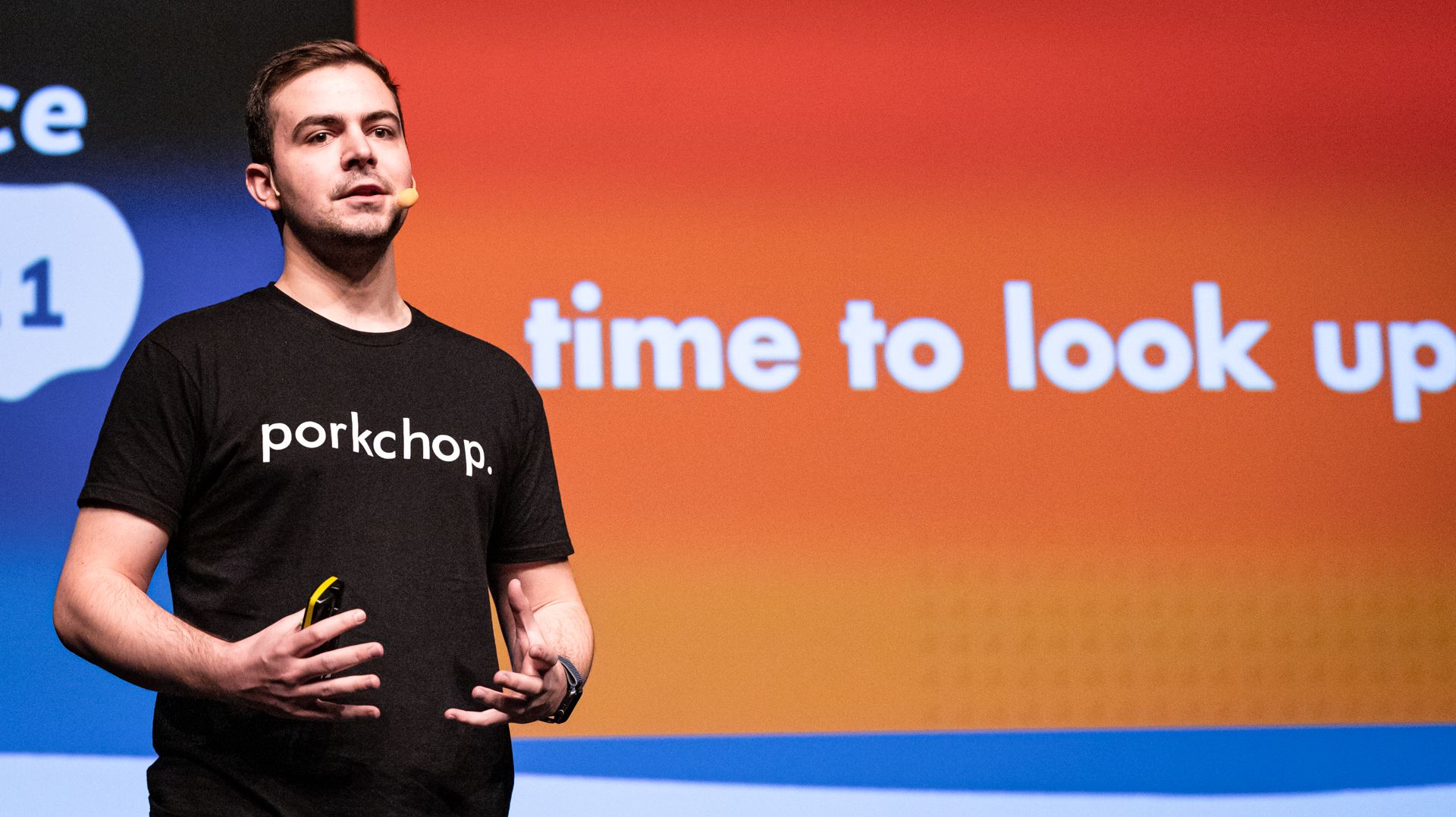
A free business idea
Are there any other great business opportunities close to what you are doing, that you think someone should do?
– I’ve been giving away this idea for one and a half years now, haha. What I would love is software like the Kerbal Space Program, where you can drag and drop pre-built subsystems to form your own satellite. Because today the process of designing a satellite for a given mission is a huge pain in the ass. If I could drag and drop and simulate, I could, as one person, become an entire space organization.
What is driving you, Victor and the team at Porkchop to do what you do? Why is it important to develop a space economy and move humanity into space, and not just live on Earth?
– The same reason we sailed to new worlds or entered the first industrial revolution. In all of these cases, nobody could understand the benefits of what would happen. The same intuition gets people to say ‘What if we further improve the lives of our children and grandchildren?’. That is a beautiful thing humans have that we always think about the future.
Matija Milenovic pauses for a second and then continues.
– You do have the data that your ancestors have done this and it has worked well in the past. If our ancestors would be like ‘Why should I do this? I just keep doing what I’ve always done.’ Then we would not have the life we have today. Likewise, I would love it if my grandchild in a hologram interview was talking about how his grandfather was opening up the resources of asteroids to the rest of civilization. ‘This enabled my hologram machine to speak with aliens from Proxima Centauri.’ It is this kind of thing, you don’t know, you pay it forward.
Don't miss our two-part series of Tina and Tom Sjögren who are trying to beat Elon Musk to Mars.
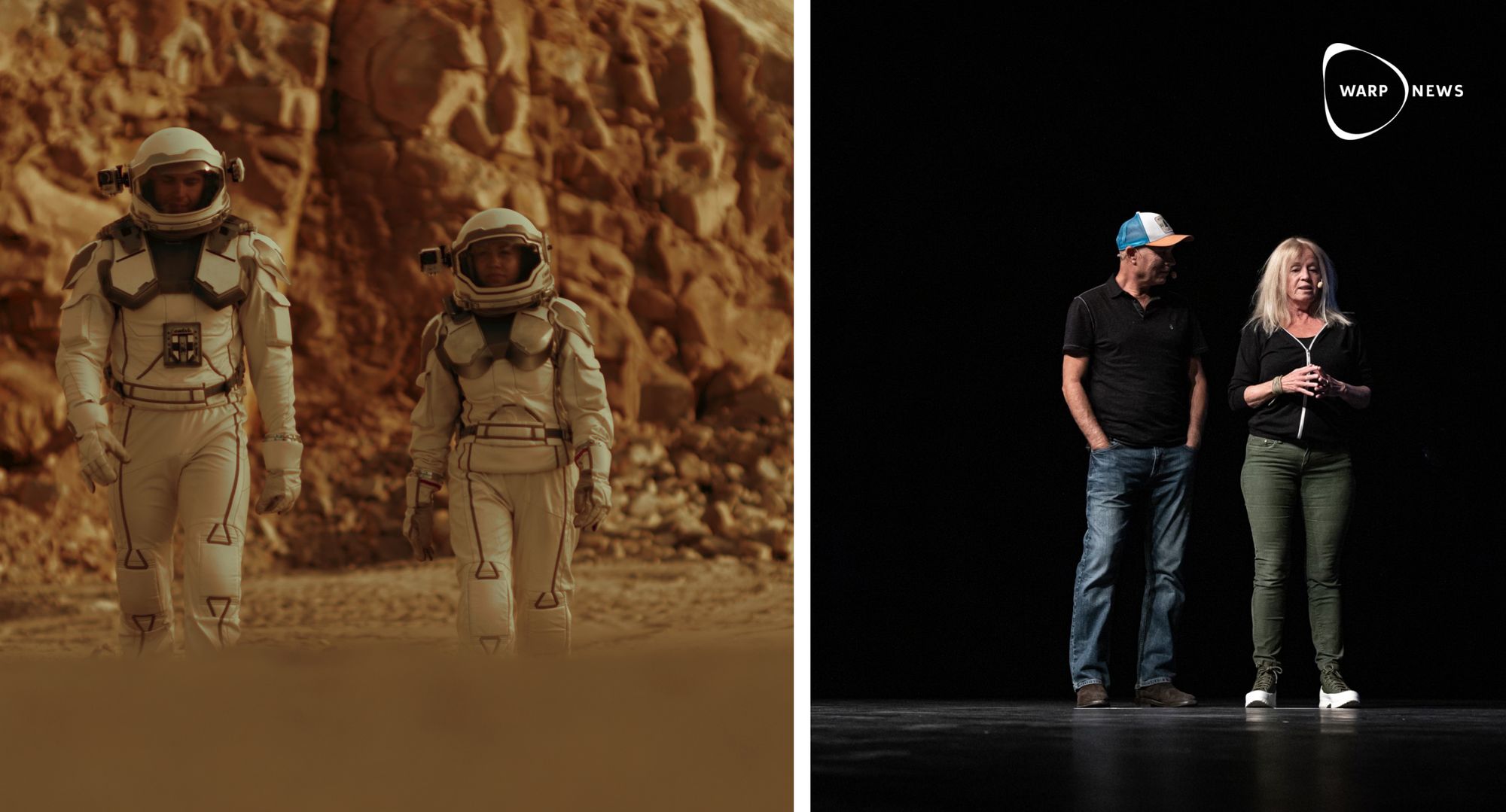
By becoming a premium supporter, you help in the creation and sharing of fact-based optimistic news all over the world.

